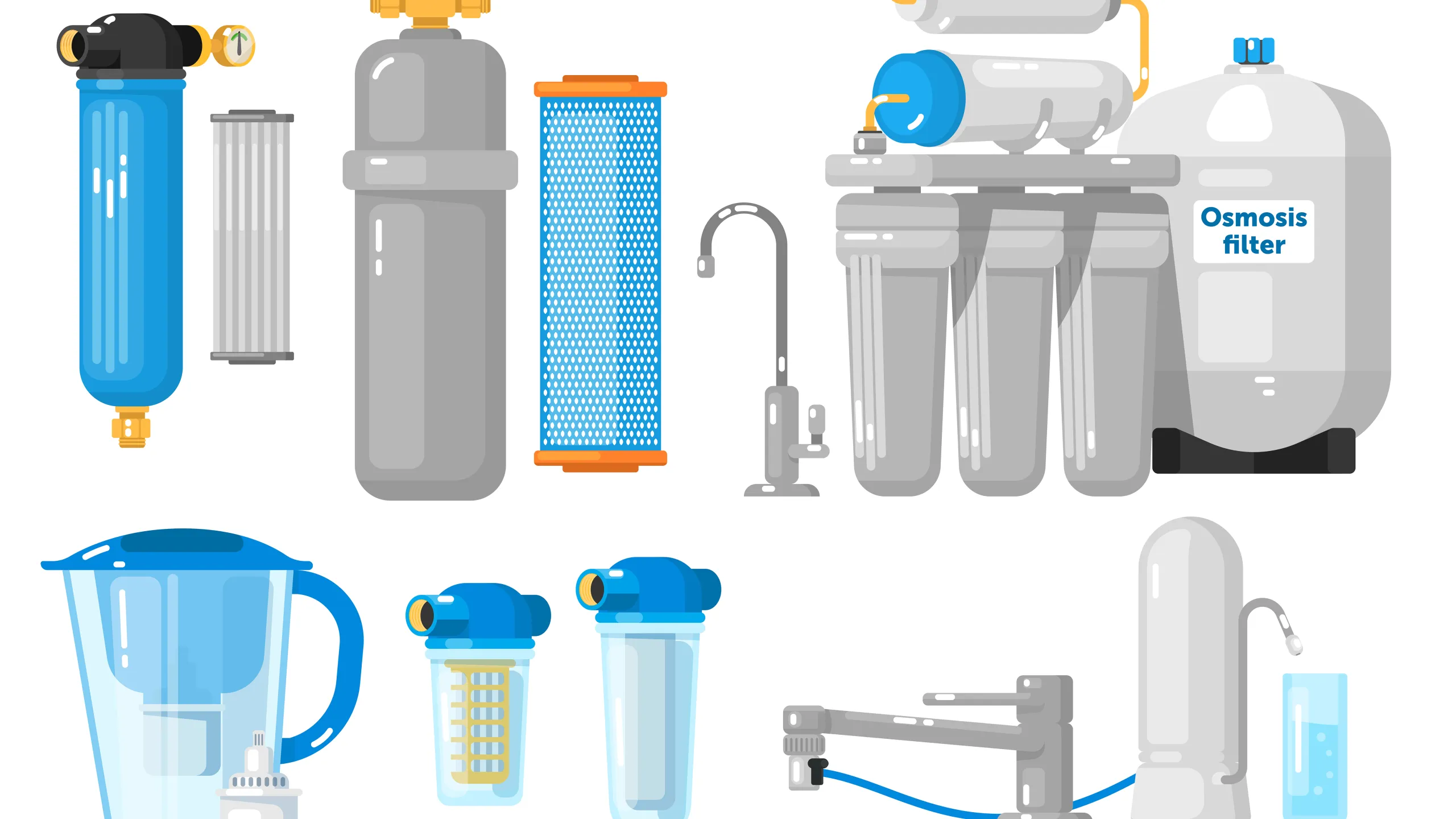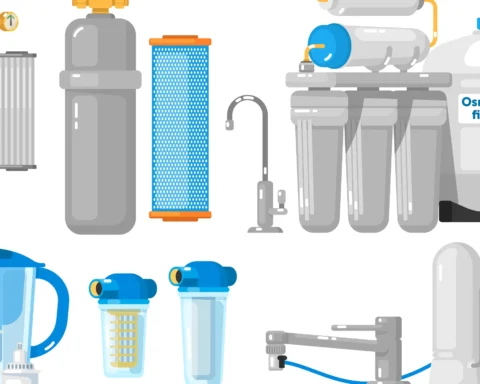Eco-friendly Benefits
Chopped Strand Mat (CSM), a widely used material in composite manufacturing, has several eco-friendly aspects that make it an attractive option for environmentally conscious projects. As demand for sustainable materials increases across industries, CSM offers several advantages in terms of recyclability, energy efficiency, and minimal environmental impact. GangLong Fiberglass provides high-quality CSM products that align with these sustainable practices, ensuring durability and performance while minimizing environmental impact. Below, we explore the eco-friendly aspects of CSM and how it aligns with sustainable practices.
Recyclability of CSM
One of the key eco-friendly aspects of CSM is its recyclability. While Chopped Strand Mat is typically made from glass fibers, which are durable and strong, they can be recycled and repurposed for various applications. Over time, as recycling processes become more advanced, glass fiber composites can be reused in different industries, including construction and automotive sectors. Recycling CSM can help reduce waste, lower material costs, and reduce the environmental impact of composite manufacturing.
- Recycling Process: Although recycling glass fibers can be more complex than other materials, new technologies are emerging to improve the process, making it possible to reclaim fibers from used CSM products. These fibers can be reprocessed and integrated into new composite materials, contributing to a more circular economy.
Reduced Carbon Footprint
The production of Chopped Strand Mat is relatively energy-efficient compared to other reinforcement materials like metals and synthetic fibers. CSM is typically made from glass, a material that requires less energy to process than metals like steel or aluminum. In addition, Chopped Strand Mat is lightweight, which reduces transportation energy costs when used in applications such as cable ladder or marine vessels.
- Energy Savings: The production process for CSM involves less energy consumption compared to other composite reinforcements. This contributes to a lower overall carbon footprint when the material is produced and used in projects.
Durability and Longevity
CSM‘s strength and durability ensure that it can withstand long-term use in demanding applications such as boats, automotive parts, or cable ladders. By incorporating CSM into structures, products can have a longer lifespan, reducing the need for frequent replacements. This long-term durability reduces the demand for new materials and minimizes waste, contributing to more sustainable consumption patterns.
- Extended Lifespan: Because of its strength and resistance to environmental factors, products made with CSM often last longer, reducing the frequency of repairs and replacements and lowering the overall consumption of materials.
Minimal Toxicity
Compared to some other synthetic materials, Chopped Strand Mat has minimal toxicity. Glass fibers are non-toxic and do not emit harmful chemicals when exposed to heat or during their production process. This makes CSM a safer option for manufacturing, particularly in industries that prioritize worker safety and environmental health.
- Safer Manufacturing: Since CSM is made from glass fibers, it avoids the use of harmful chemicals often associated with synthetic fibers. This makes it a safer option in terms of production and handling, contributing to a safer, more eco-friendly workplace.
Biodegradable Resin Alternatives
While CSM itself is a durable material, the resins typically used to bond the fibers together are often derived from petrochemical sources. However, eco-friendly alternatives to these resins are available, such as bio-based resins made from plant-based materials. Using these resins in combination with CSM can make the entire composite system more environmentally friendly, aligning with the growing trend toward sustainable materials.
- Bio-Based Resins: The use of renewable, bio-based resins with CSM can significantly improve the material’s eco-friendliness. These resins offer the same durability and performance as traditional petrochemical-based resins but with a reduced environmental impact.
Reduced Waste in Manufacturing
In the manufacturing of CSM, the material is generally cut to precise sizes and shapes, minimizing the amount of waste produced during the production process. Efficient manufacturing practices further reduce off-cuts and excess material, making CSM an environmentally friendly option for projects that require minimal waste.
- Efficient Manufacturing: The production process for CSM is designed to optimize material use, which reduces scrap and minimizes waste. This is a key consideration for industries aiming to reduce their environmental footprint.
Sustainable Applications
Many of the applications for CSM are aligned with sustainability goals. For example, CSM is commonly used in the construction of cable ladders, which are vital for organizing electrical cables in large industrial settings. The long-lasting and durable nature of CSM in such applications contributes to the sustainability of infrastructure projects. Additionally, its use in marine applications, such as boats and ships, helps reduce the reliance on traditional, less eco-friendly materials like metals.
- Energy-Efficient Infrastructure: CSM is widely used in applications that help improve the energy efficiency and longevity of infrastructure. The combination of CSM and fiberglass sheets ensures both durability and strength in these applications, making them essential for creating more energy-efficient systems.
- Stay in touch to get more news & updates on Essential Tribune!








